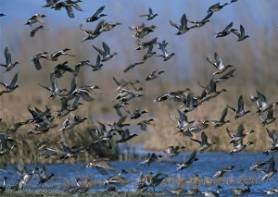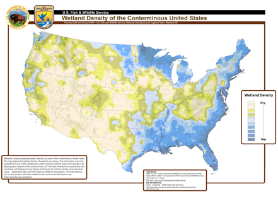An NSF Sponsored Project
(NSF Award: #1504886)
|
Wetlands are crucial to the health of both our water resources and wildlife. Human-induced environmental changes create serious problems, such as the deterioration of water quality and profound alterations to biogeochemical cycles. Solving these problems requires training a diverse population of students in environmental science. At this time, the lack of available resources and facilities poses severe limitations on curriculum innovation at minority-serving institutions and urban universities. ~~~ The significance and importance of this project is its potential to answer these challenges by reforming undergraduate laboratory instruction and strengthening undergraduate research experience using a wetlands resource situated on the college campus. The project will improve undergraduate education at Tennessee State University (TSU). It can serve as a model for other campuses hoping to upgrade their undergraduate offerings to include more opportunities for students to learn science by engaging in research opportunities that both advance what is known about the world and contribute to the public good. The long term impact will be to help build a more diverse workforce in biology, ecology and environmental sciences. |
The goal of this project is to use the TSU Wetland Observatory as an educational and research platform that supports a series of challenging laboratory activities and course projects involving courses taught by five faculty members in two departments. This project will improve student learning and research experiences in biology, ecology, environmental microbiology, and wetland hydrology. Each year the project will benefit over 250 students in a variety of courses. In addition, the TSU Wetland Observatory will serve as a convenient, safe and meaningful education site for public and high school students. Course materials and data developed in this project will be disseminated through workshops, education meetings, journal publications, and a dedicated website. In so doing the project will broaden the knowledge base regarding effective practices to improve undergraduate STEM learning.
This project is funded jointly by the Directorate for Biological Sciences, Division of Biological Infrastructure and the Directorate for Education and Human Resources, Division of Undergraduate Education in support of efforts to address the challenges posed in Vision and Change in Undergraduate Education: A Call to Action.

1. Mitsch, William J.; James G. Gosselink (2007-08-24). Wetlands (4th ed.). New York: John Wiley & Sons. ISBN 978-0-471-69967-5.




